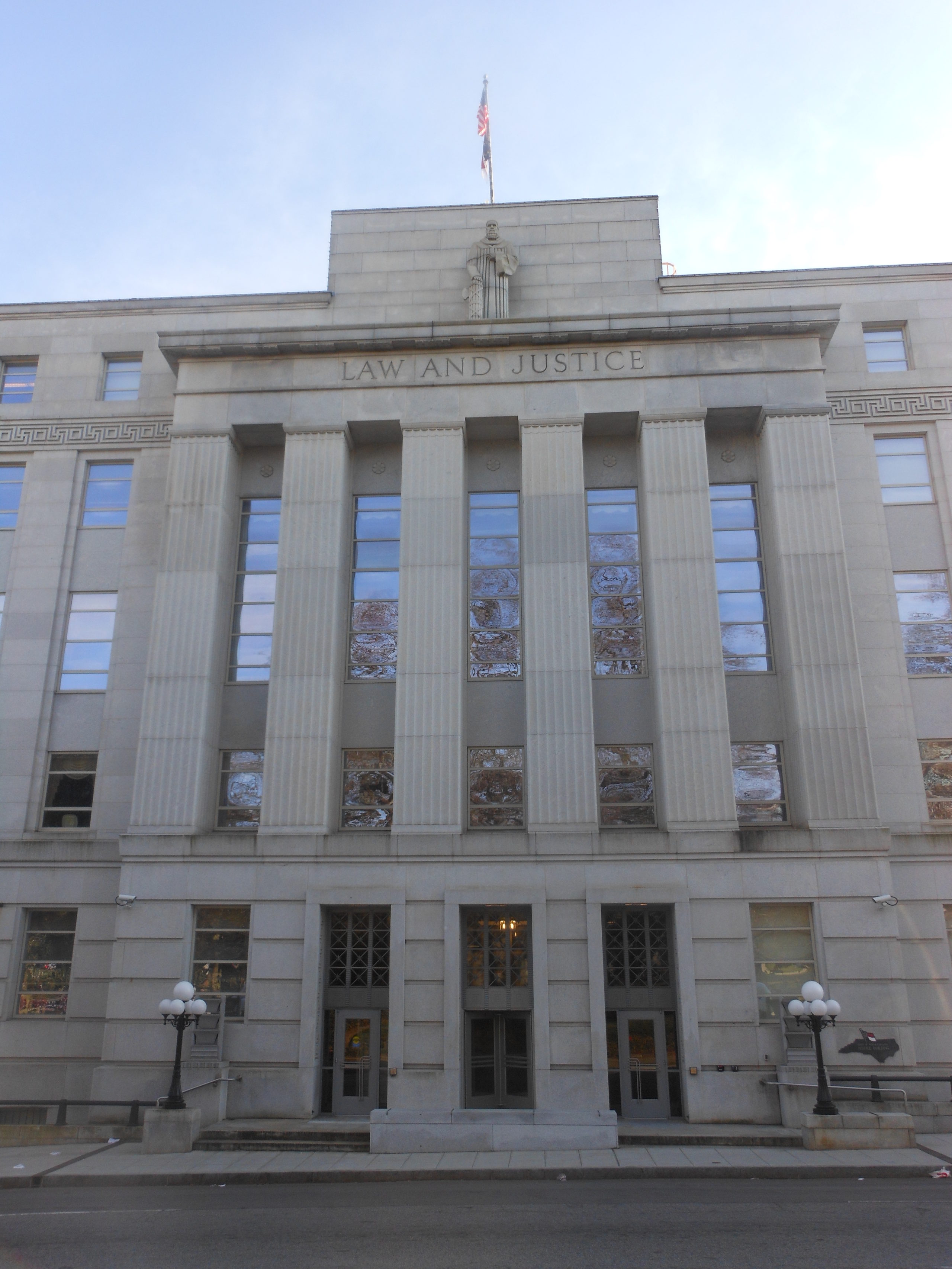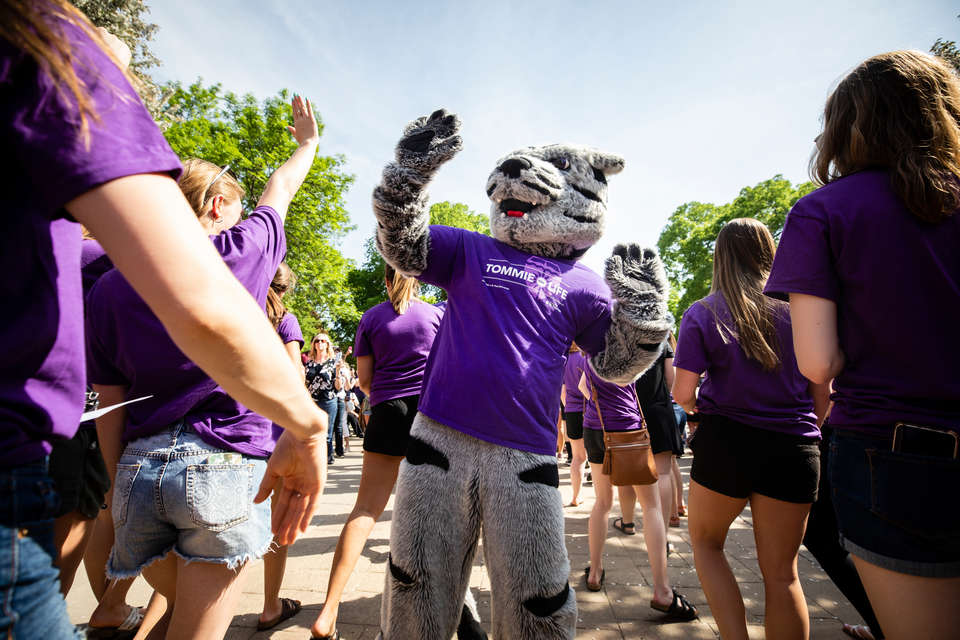The University of St. Thomas School of Law Religious Liberty Clinic filed two amicus curiae (friend of the court) briefs defending the school choice program against legal challenges. North Carolina Supreme Court has upheld the state's school choice program under which low-income students can receive a state-funded scholarship (up to $4,200) that they may use to pay tuition at a private school, nonreligious or religious. The court's July 23 rulings in the two cases, Hart v. State and Richardson v. State, mean that up to 2,400 scholarships a year will be available to increase the options of low-income families who believe their children's educational needs are not being met by public schooling. A key issue in the case--on which the UST Law clinic focused--was whether religiously affiliated schools could be among the schools parents could choose under the program.
The plaintiffs challenging the program, taxpayers in North Carolina, had sought to invalidate it based on several claims that it violated the North Carolina Constitution. One of the challenges took the constitutional provision prohibiting "discrimination by the State ... because of religion" and sought to apply it to every religiously affiliated school that considered religious affiliation or belief, including in the hiring of administrators or teachers as well as the admission of students. The UST Law brief rebutted this challenge. "This claim would have effectively prohibited parents from choosing any religiously affiliated school to use their state scholarship," said Professor Thomas Berg, director of the UST Law clinic. "Virtually every religious school considers religion in some way in its actions, in order to maintain its religious mission. While the state of course must not discriminate based on religion, to apply that same rule to a school whose very identity is religious makes no sense,"
The clinic brief argued that taking the nondiscrimination rule applicable to the state and applying it to religious institutions "itself discriminates against religious schools and parents," violating federal and state constitutional rights, since applying the rule would make religion "the one belief system" restricted. "No other school participating in the [choice program] would be forbidden from requiring that leaders or teachers commit to its ideology or beliefs": for example, "a Waldorf school could favor those who adhere to the Waldorf philosophy."
The brief was drafted by Professor Berg and James Kovacs, UST Law class of 2015.
The UST Law Religious Liberty Appellate Clinic offers four to six law students each year the opportunity to draft briefs in important religious liberty cases, typically on behalf of national civil liberties and religious organizations filing as amicus curiae. The clinic is supervised by Professor Berg, one of the nation's leading scholars of religious liberty, who has written appellate briefs in some 50 religious-liberty cases in the U.S. Supreme Court and in other federal and state courts. The clinic gives students an intensive experience in formulating, writing and refining appellate arguments, with review by experienced advocates, and in the strategy of framing arguments by amici, who typically present distinctive information or issues that may benefit the judges deciding the case.







